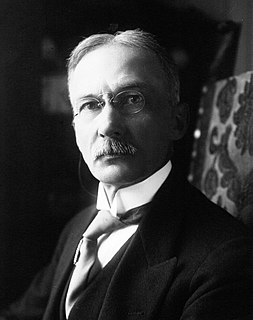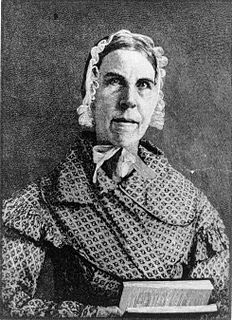A Quote by James Mark Baldwin
In Socrates' thought the two marks of individual self-consciousness appear; it is practical and it is social.
Quote Topics
Related Quotes
Dissident Natan Sharansky writes that there are two kinds of states - “fear societies” and “free societies.”… The two societies make up two kinds of consciousness. The consciousness derived of oppression is despairing, fatalistic, and fearful of inquiry. It is mistrustful of the self and forced to trust external authority. It is premised on a dearth of self-respect. It is cramped …
In contrast, the consciousness of freedom … is one of expansiveness, trust of the self, and hope. It is a consciousness of limitless inquiry … It builds up in a citizen a wealth of self-respect.
What exists in truth is the Self alone. The world, the individual soul and God are appearances in it. Like silver in mother-of-pearl, these three appear at the same time and disappear at the same time. The Self is that where there is absolutely no 'I thought'. That is called 'Stillness'. The Self itself is the world; the Self itself is 'I'; the Self itself is God; all is Siva, the Self.
What nonsense it is, this desire to be without limitations, this wish always to be seen in the most flattering light. We are anxious, not because we think so little of ourselves, but because we think so much of ourselves. We are anxious, not that we may appear in the worst light, but that we may not appear in the best light. Anxiety is born of self-consciousness, and it is alleviated to the exact extent that we can drop consciousness of the self.
Consciousness... does not appear to itself chopped up in bits. Such words as 'chain' or 'train' do not describe it fitly as it presents itself in the first instance. It is nothing jointed; it flows. A 'river' or a 'stream' are the metaphors by which it is most naturally described. In talking of it hereafter, let us call it the stream of thought, of consciousness, or of subjective life. Source of the expression 'stream of consciousness'.
Girls study under the paralyzing idea that their acquirements cannot be brought into practical use. They may subserve the purposes of promoting individual domestic pleasure and social enjoyment in conversation, but what are they in comparison with the grand stimulation of independence and self- reliance, of the capability of contributing to the comfort and happiness of those whom they love as their own souls?
One can ask why the I has to appear in the cogito {Descartes’ argument “I think therefore I am.}, since the cogito, if used rightly, is the awareness of pure consciousness, not directed at any fact or action. In fact the I is not necessary here, since it is never united directly to consciousness. One can even imagine a pure and self-aware consciousness which thinks of itself as impersonal spontaneity.
Fear arises through identification with form, whether it be a material possession, a physical body, a social role, a self-image, a thought, or an emotion. It arises through unawareness of the formless inner dimension of consciousness or spirit, which is the essence of who you are. You are trapped in object consciousness, unaware of the dimension of inner space which alone is true freedom.
Our society is falling back increasingly on rampant consumerism and self-promoting social media as a way for people to feel that their lives matter - self-centered means of numbing the questions of mattering. Culture has relapsed back into the self-aggrandizing, glorifying answers that the Athenians had presumed, which had Socrates railing against them until he got so annoying that they killed him.







































